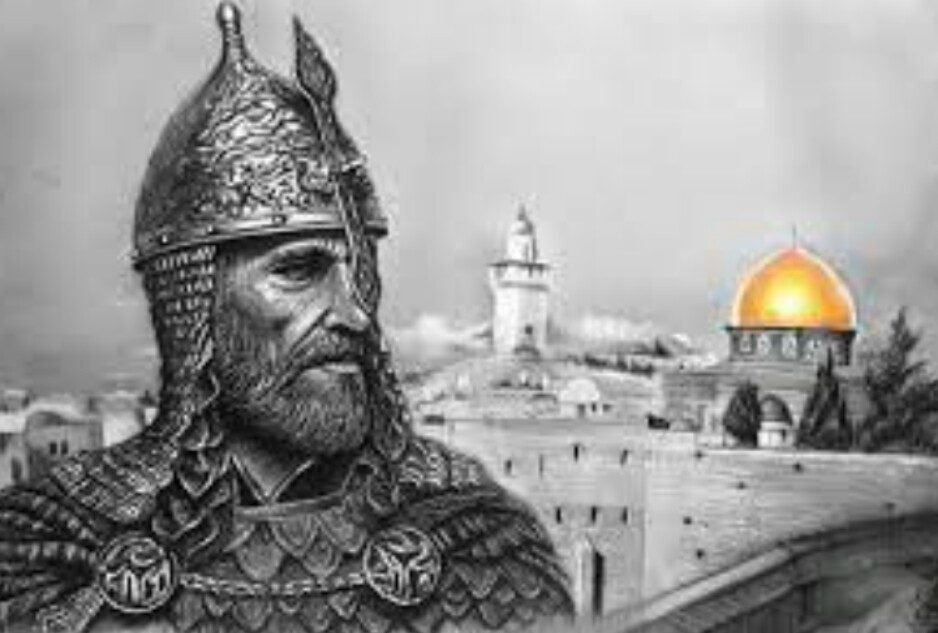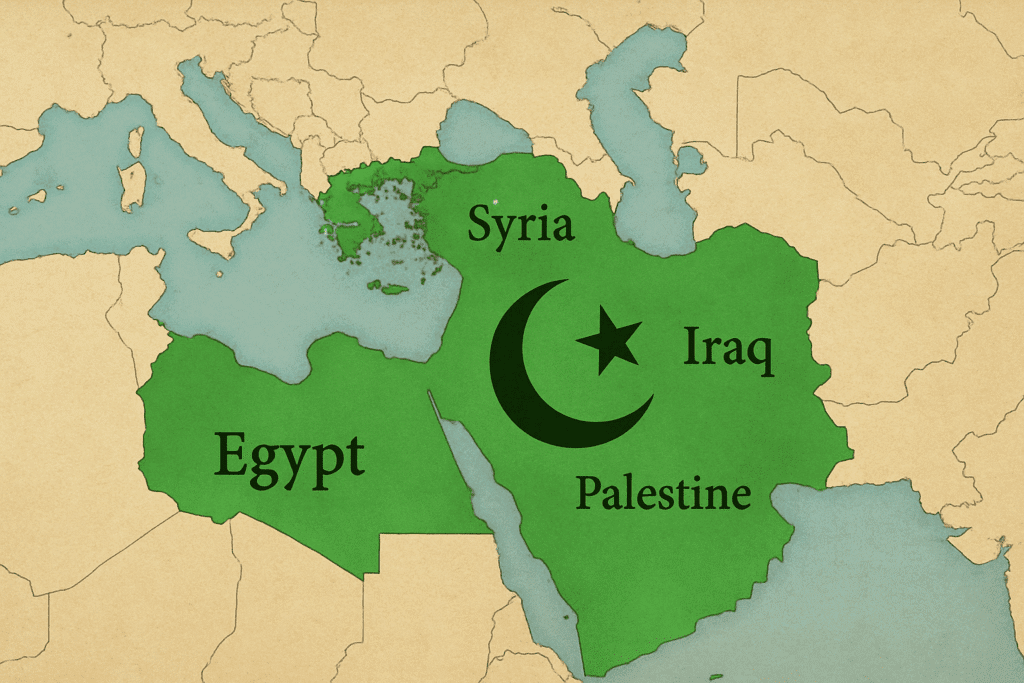🕌 Introduction
In every era, history introduces us to remarkable personalities whose legacy inspires generations. Among them, the life of Salahuddin Ayyubi (1137–1193 CE) stands out as a shining example of courage, justice, and mercy. Known in the West as Saladin, he was the legendary Muslim leader who recaptured Jerusalem from the Crusaders in 1187 CE.
But what makes Salahuddin’s life truly inspiring is not just his military victories, but his humility, compassion, and deep faith in Allah. At a time when Muslims around the world seek role models of strength and integrity, his story continues to offer valuable lessons.

Table of Contents
📜 Historical Background of Salahuddin Ayyubi
- Born in 1137 CE in Tikrit (modern-day Iraq).
- Of Kurdish descent, raised in a family deeply involved in military and governance.
- Studied the Qur’an, Hadith, and Islamic sciences, alongside military training.
- Served under Nur ad-Din Zengi, one of the great defenders of Islam against the Crusaders.
This background shaped him into not only a skilled commander but also a man of strong Islamic principles.
⚔️ Major Achievements of Salahuddin Ayyubi
1. Unification of the Muslim Lands

Before Salahuddin’s rise, the Muslim world was divided. He united Egypt, Syria, parts of Iraq, and Palestine under one banner, giving strength to Muslims against the Crusaders.
2. Liberation of Jerusalem (1187 CE)
- The most famous achievement in the life of Salahuddin Ayyubi was the recapture of Jerusalem after the Battle of Hattin.
- Unlike the Crusaders who committed massacres in 1099 CE, Salahuddin entered the city peacefully.
- He granted protection to Christians and Jews, showing remarkable mercy and justice.
3. Role in the Crusades
- Defeated the Crusader states and limited their influence in the Middle East.
- His honorable conduct even earned respect from his enemies. Richard the Lionheart, his rival in the Third Crusade, admired Salahuddin’s nobility.
🌹 Moral Values from the Life of Salahuddin Ayyubi
Humility & Simplicity
Despite ruling vast territories, Salahuddin lived simply. It is narrated that when he passed away, he left behind only a few coins, showing his detachment from worldly wealth.
Justice & Mercy
The Qur’an commands:
“Indeed, Allah commands you to render trusts to whom they are due and when you judge between people to judge with justice…” (Qur’an 4:58)
Salahuddin embodied this by treating both Muslims and non-Muslims with fairness.
Courage & Tawakkul (Reliance on Allah)
He fought bravely yet always attributed his success to Allah, reminding us of the Hadith:
“The strong believer is better and more beloved to Allah than the weak believer, while there is good in both.” (Sahih Muslim)
✨ 10 Inspiring Lessons from the Life of Salahuddin Ayyubi
- Unity is Strength – Muslims succeed when united.
- Justice for All – Even enemies deserve fairness.
- Mercy Triumphs Over Revenge – True strength is forgiveness.
- Live Simply, Rule Justly – Detachment from wealth keeps leaders humble.
- Faith Comes First – Salahuddin always relied on Allah.
- Knowledge + Power – Balance between Islamic scholarship and military skills.
- Respect Across Faiths – Treating others with dignity builds respect.
- Persistence in Struggle – Victory requires patience and sacrifice.
- Leadership Through Example – He inspired by living what he preached.
- Leave a Legacy of Good – Even centuries later, his name inspires millions.
🧭 Lessons for Muslims Today
The life of Salahuddin Ayyubi reminds us that:
- Muslims must seek unity rather than division.
- Leadership is a trust (Amanah), not a privilege.
- Strength comes from both spiritual devotion and worldly skill.
In today’s world of challenges, his values can guide us in personal, community, and global struggles.
✅ Conclusion
Salahuddin Ayyubi was more than just a warrior; he was a servant of Allah who lived by Islamic principles. His legacy of justice, mercy, humility, and courage continues to inspire Muslims around the world.
May we learn from his life and strive to embody his qualities in our own journey.
Who was Salahuddin Ayyubi?
He was a Muslim leader, statesman, and warrior who liberated Jerusalem from the Crusaders in 1187 CE.
Why is Salahuddin famous?
He is admired for his military victories, but more importantly for his mercy, justice, and humility.
How did Salahuddin treat non-Muslims?
He granted them safety and allowed freedom of worship, unlike the Crusaders who had massacred Jerusalem’s people.
What can Muslims learn from Salahuddin?
Lessons of unity, justice, humility, mercy, and reliance on Allah.